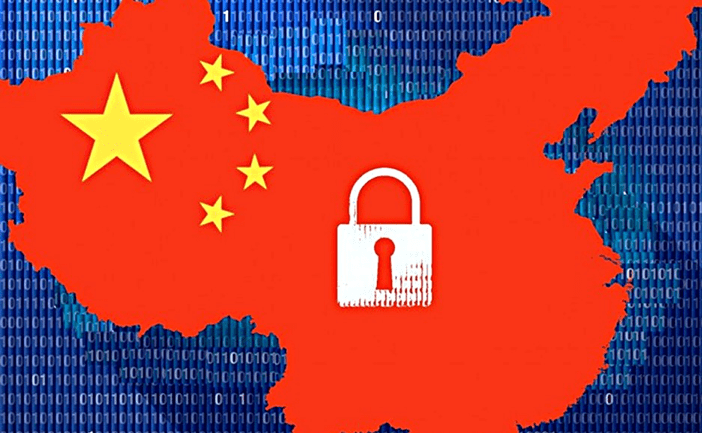June 21, 2018
Here at Takehan, we have decades of experience building and growing online businesses in the Asia Pacific internet ecosystem. If there’s one thing we’ve learned over time its that China is different. When it comes to delivering a website, app, or any sort of internet bound service China requires far more planning and investment than any other market in the world today.
The internet is global by design. For most organizations, the infrastructure used to deliver a website in France is the same infrastructure used to deliver a website in Germany. China however, has its own version of the internet. If your website, app, or business serves a mainland Chinese audience you need to understand the differences between the internet you are used to v.s. the internet ecosystem in the People’s Republic of China. Here are 5 differences technology professionals need to plan for.
Note: When “China” is mentioned below I am referring to Mainland China. This excludes parts of “greater China” such Hong Kong and Macau.

The Great Firewall of China (GFoC)
The most famous of difference in Internet Infrastructure is “Project Golden Shield”, or what is colloquially known as the “Great Firewall of China” (GFoC).
The GFoC is China’s censorship apparatus. Its goal is to filter and block content and services from reaching the Chinese mainland that the government has deemed against its interests. Some examples being:
Wikipedia has a more detailed list, of sites which are actively blocked, but it is far from exhaustive.
Although often described as a discrete network service, the GFoC is really a collection of technologies deployed by Chinese hosting providers, Major Chinese Tech companies, Telecom providers and the Government itself. Through these technologies the GFoC can:
Interestingly GFoC blocking is not always black and white. In my experience working with various businesses in Asia Pacific – it’s common for some sites to be available during one time, and unavailable during others. It’s also possible to be blocked in one region, and not another. Many online businesses make the mistake of running a few tests from mainland China and assuming if it works once, it works always. Nothing could be further from the truth.
It is also important to note that the GFoC’s methods of blocking are not obvious. At no time is a user in China presented with a dialog or message that a site has been blocked. It simply does not work. This is a very important distinction because to a user in Mainland China, a site or app simply fails to load. The perception will likely be that the site or service is broken, not that the GFoC has stopped it from working. In other words, potential users will likely blame you, not their Government or ISP.
To avoid being blocked by the GFoC ensure these basic precautions are taken:
We hope this has been a useful summary of the “Great Firewall of China” and, its goals and how it works. For more information about the technical differences in the Chinese Internet read on in Part 2 – Hosting, ICP Licensing and Network Connectivity.
